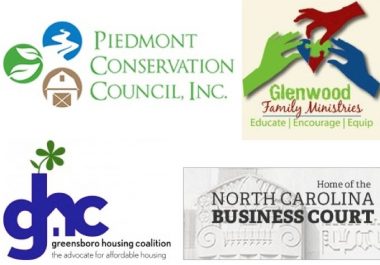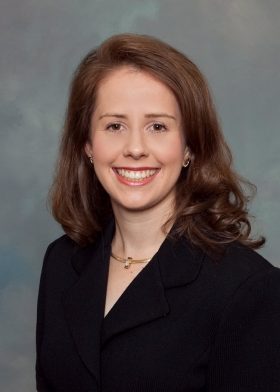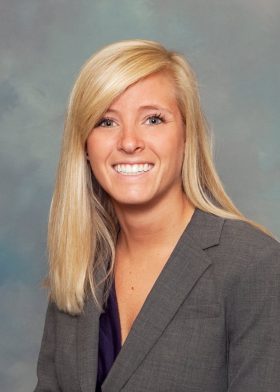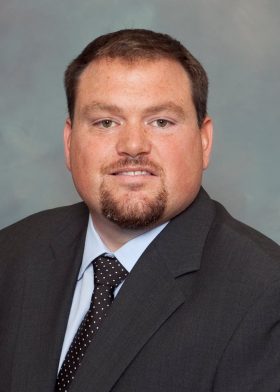Elon Law's winter-term Public Law and Leadership course partnered second-year students with four nonprofit organizations to help solve real legal issues while providing students with hands on experience.

The course is designed to highlight the interconnectivity of leadership and lawyering within the public law arena. By working with local nonprofits, students utilize the legal knowledge, oral communication and research skills learned during their first half of law school, as well as practice problem-solving strategies and small group management.
This year, students chose between four non-profit organizations: Piedmont Conservation Council, Greensboro Housing Coalition, North Carolina Business Court and Glenwood Family Ministries.
Each group’s work culminated in a final memorandum and client presentation, the best of which were chosen as winners and treated to a dinner with winter-term professors Tom Noble, John Alexander and others. This year, both the memorandum and presentation winners worked on the Glenwood Family Ministries project.
The winning team for the best memorandum, chosen by the winter-term faculty, included: Constance Apple, Katie Butts, Shanna Cassetta, Benjamin Cooper, Elizabeth Duncan, Spencer Hill, Jessica Kondziola, Liz Linka.
The winning team for the best presentation, chosen by the second-year class, included: Chelsea Anderson, Jessica Armentrout, Grant Buckner, Micah Cooper, Andy Jones, Chantelle Lytle, Kathryn Maultsby, Kristen Seum.

“Being on the winning team made me excited because I knew that my team had done excellent work for our client,” second-year law student Micah Copper said. “It wasn’t so much the praise from my classmates that made me excited, but rather excitement that we had prepared the best work for our client, who I knew would use the work to better the children living in the Glenwood community.”
Students working with Glenwood Family Ministries were asked to help Executive Director Regina Clark create a private christ-centered school for at-risk students in Greensboro.
“The Elon law students were incredibly helpful in this process by looking into areas such as how we can work with the public school system, discipline issues and funding that might be available to us,” Clark said. “At the end of their research, they presented their findings and provided us with helpful information which will be critical as we move forward. The students were all very engaged, professional and worked very hard on our behalf. We have already begun to investigate and implement some of their suggestions.”
Other projects included research on zoning regulations for farms and the creation of farmers markets in Guildford and Alamance Counties for the Piedmont Conservation Council; recommendations of an effective housing inspection policy for the Greensboro City Council on behalf of the Greensboro Housing Coalition; and drafting local rules regarding the discovery and use of electronically stored information (ESI) for the North Carolina Business Court.

“The practical experience that I got out of this course came from working with the client,” second-year law student Chelsea Anderson, said. “We learned how to maximize our time with the client, and then turn that information we learned into a practical result.”
In preparation for client work, students attended overview sessions in public law, administrative law research and client interviewing and relations. Exercises in consensus building, teamwork and small group leadership were also included in the curriculum, along with site visits to various locations related to each group’s non-profit. Throughout the course, students also worked with faculty “coaches” and pro bono attorney “partners.”
Coaches and partners, assigned to each team, played a huge role in providing guidance to students as they researched topics and formulated presentation plans. They also served as mentors by offering real-life experience on working with clients and colleagues in small group settings.
“Working with the coach helped me to realize my strengths and weaknesses when working with a group. I was given many suggestions on how to evolve as a member of a group,” second-year law student and member of the North Carolina Business Court project team, Adam Hilton, said. “My interaction with our attorney partner was also helpful. He gave each of us suggestions on how to deal with the problem and also gave examples of real world ESI issues he had encountered.”

Click here for more information on the Leadership Program at Elon Law.
By Courtney Roller L’13


